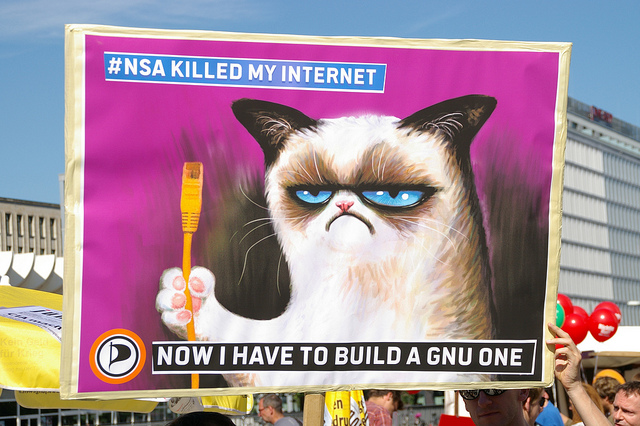Something has been happening at Twitter. There are rumblings of changes and re-designs. First there was the new changes that made it more “photo-centric”, then there was the talk of removing the @ reply and today the buzz is the new design making it all look more like Facebook. The photo changes have been made to challenge instagram and the re-design is to become more networky and challenge Facebook?
At the same time Facebook has been attempting to challenge Twitter and online chat with its recent exorbitant purchase of Whatsapp. Facebook’s launch of paper has been an attempt to take the market from news aggregation sites like digg.com and, more importantly, apps like Currents, Flipboard and Zite. Annoyingly, the innovative Zite has been bought by the excellent Flipboard which will decrease the diversity. Combining two nice things does not necessarily make it better.
In similar news Dropbox acquires and absorbs reading app Readmill but this is done to shut the app down.
Yahoo has announced that it wants to challenge YouTube with its own service. Yahoo also owns Flickr which has been slowly evolving. Flickr’s changes to it’s layout have made it progressively more difficult to download images and find information about the licensing which made the tool such a treasure for the open content community. Cory Doctorow wrote an interesting protest about this yesterday (Restoring CC attribution to Flickr, because Yahoo broke it).

Grumpy Cat builds a GNU Internet by Frerk Meyer CC BY SA
So this isn’t really anything new. But it does point to a level of stagnation in the online world. When was the last time something really new, innovative and exciting happened? When the tech world is using more lawyers than developers you know that something is up. Instead of making really good products that many people like there is a race to the bottom in order to create as many similarly bland products that few people have the energy to hate.
In politics this is usually seen when previously well defined parties race towards the middle ground in order to gain the most votes. While this may be a successful policy to win elections it does tend to create bland politics and eventually leading to a great sense of disenchantedment (this might not really be a word but you know what I mean). Once all parties have lost their identities and voters have become unhappy the field is opened up for the growth of distasteful radical politicians spouting extremist views.
How does this work in tech?
The race to similarity and the priority of lawsuits over development creates a fall into blandness. Trying to make everybody happy will make nobody happy. This may open up the chance for new devices, apps and services to come forth. Well that would be the theory but in practice the market will be blocked by patents, fenced in with copyrights and guarded by monoliths that purchase and destroy all that is new and exciting.
Or maybe I’m just grumpy today?